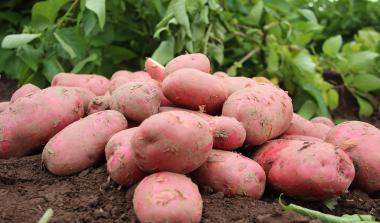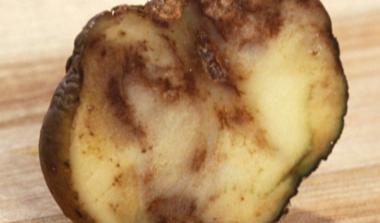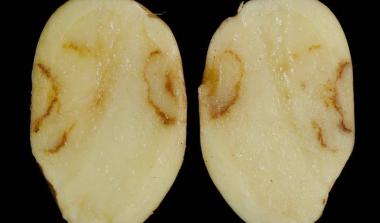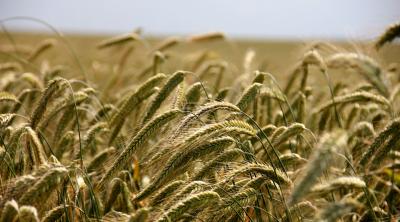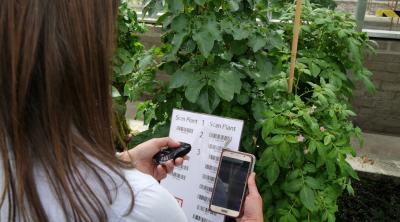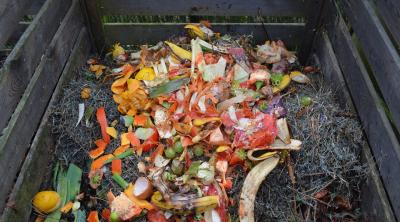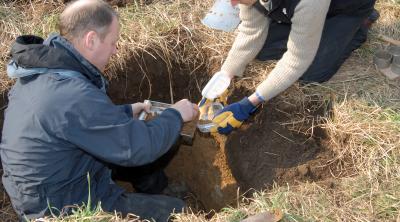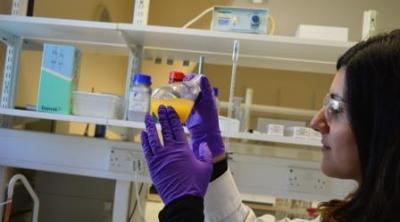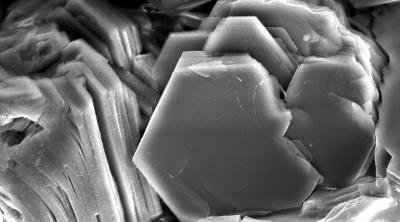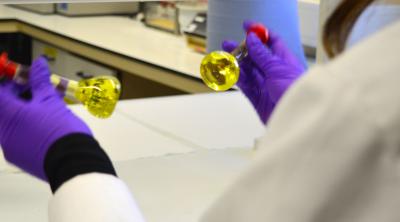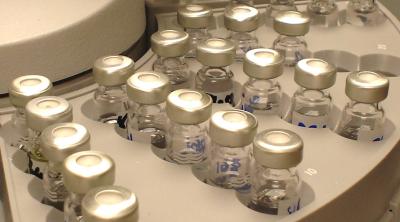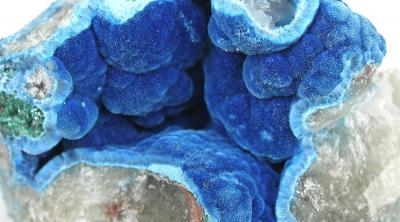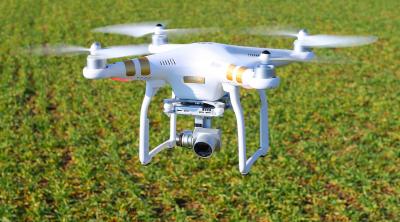Molecular Diagnostics
Sector: Crop Science
Our diagnostic services, which are based on polymerase chain reaction (PCR) analyses, support agriculture and horticulture in a number of ways.
Molecular Diagnostic tests can detect specific sequences in plant DNA or RNA that may be associated with disease resistance, quality/agronomic traits and varietal issues. These diagnostic tests can be applied to early generation breeding material, or developed varieties, on a range of tissue types.
James Hutton Limited can offer a range of diagnostics for soft fruit, potato, barley and soil.
Molecular Diagnostic testing can be used for:
- Screening germplasm for molecular markers that suggest possible traits in plant material
- Validating new molecular markers
- Test high health plant material for viruses/diseases
- Authenticity testing for both propagators of plant material and nurseries buying in plant material
- Analysis of soils for the presence of free living nematodes
Molecular Diagnostics for Soft Fruit
Screening of germplasm covering the Rubus genus (particularly raspberry and blackberry) using molecular markers associated with key traits for pest and disease resistance and fruit quality:
- Raspberry root rot resistance
- Fruit size
- Validation phase of fruit softening
- Validation phase of fruit yield
We also have the capability to screen a range of other Rubus traits, including architectural.
Screening of germplasm covering the Ribes genus (currants):
Gall mite resistance
DNA Fingerprinting
This provides a DNA profile of the variety. Genotyping services are available for both soft fruit varieties and potato. The generation of DNA fingerprints can be used for a variety of purposes.
- Trueness-to-type
- Varietal issues/mix-ups
- Relatedness of breeding material/phylogenetic analysis (primarily for soft fruit)
James Hutton Limited also has an extensive database of DNA profiles of soft fruit varieties for comparative purposes.
Molecular Diagnostics for Soil
James Hutton Limited can offer both conventional, microscopic testing and a recently developed diagnostic test to identify the presence of Free Living Nematodes in soil.
This diagnostic provides a rapid and cost effective identification of the four most common Paratrichodorus and Trichodorus species in the UK, known to vector TRV. Combined with an appropriate sampling strategy, the diagnostic offers growers an opportunity to generate a robust field map of the distribution of FLN species capable of transmitting TRV.


